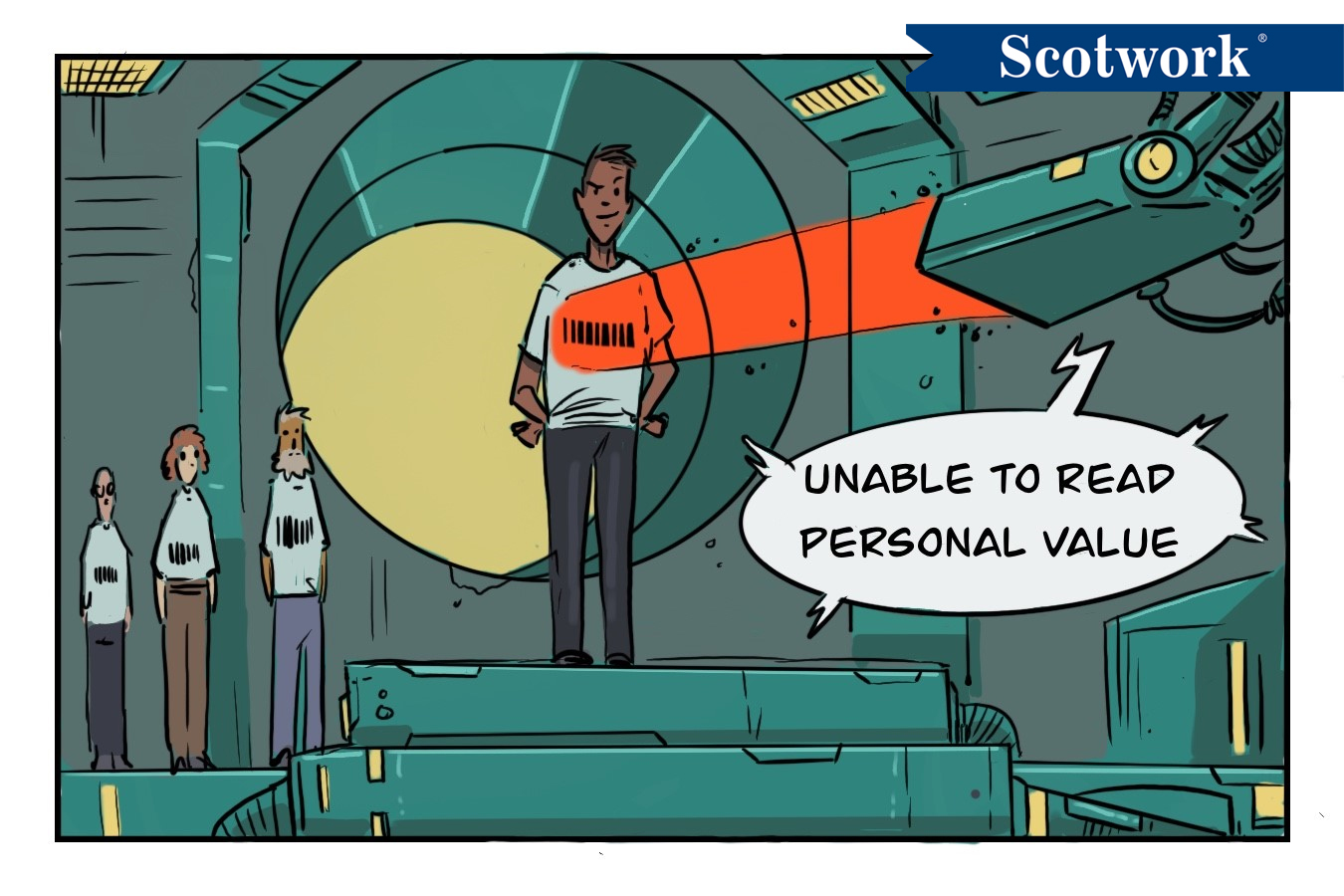This post is the first of our Negotiation Resolutions series.
This month, we’re talking to people about their Negotiation Resolutions. These are the areas of their life where they want to be better at negotiating. People have been sharing everything from business scenarios to domestic situations. Over the next few weeks, I’ll be exploring some of them. But I’ll start with resolutions around personal value.
For 2024, the most common personal resolutions are either financial or health-related. Financial resolutions tend to be about earning more or spending less, which are both about personal values. The desire to increase our earnings is tied to how we feel we are valued. Putting a value on what we do may feel like putting a value on ourselves.
When we look at reducing spending, that’s also a personal value statement because it’s rooted in what we feel we need. From a business perspective, that could be an examination of the investments being made into the business. From a personal perspective, it’s a statement of what we prioritize to live the life we want. All of which is tied to what we value.
Negotiating value isn’t easy, particularly when it’s personal value, which is subjective and based on an opinion of something’s worth. A commodity’s value is more objective because it’s set by the market. In other words, a banana is a banana, a barrel of oil is a barrel of oil. But people, services, and non-commodity products carry an inherent value that isn’t always appreciated. That’s where emotion comes into play.
Emotion isn’t inherently detrimental to a negotiation. In fact, any negotiation devoid of emotion is as problematic as highly emotional negotiations. The key is to not let emotion derail a personal, value-based negotiation.
Whether you’re negotiating your compensation or the price of a service or anything else value-related, here are some resolutions you can use so that emotion won’t derail your negotiations . . .
Be objective.
When you talk about your issue, do you use lots of subjective language, like “I think . . .” or “I believe . . .”? If so, work on turning those into objective statements, such as “I know . . .” or “The fact is . . .” This will help reduce the amount of time spent on opinions in your negotiation. We can get sucked into an endless, emotional circular argument when we try to negotiate opinions.
Get an outsider’s point of view.
Talking with someone who’s not personally invested in your negotiation can help provide perspective. When we don’t fully understand why the other party values something the way they do, many of us will assume the worst. It can lead us to make bad assumptions that derail a negotiation. Having an outsider’s perspective can help us temper our own emotions.
Breathe.
Studies show that purposeful diaphragmatic breathing benefits both physical and mental health. When you’re starting to stress about a value-based conversation, take a moment to breathe. Micro-meditations, changing scenery, or taking a quick walk will do wonders for keeping your emotions in check.
In the end, know your value and don’t be afraid to negotiate for it. But take the time to corral your feelings so you can have emotion — but not be emotional — during your negotiation.
Good luck with your negotiation resolutions, and let us know how they’re going!
We Can Help You Resolve to Get What You Want in 2024.
When you’re negotiating something of value, you’ll want to keep emotion from derailing your efforts. We can help! Draw on Scotwork experts’ nearly 50 years of real-world experience to stay in control of your emotions and get more of what you want.

